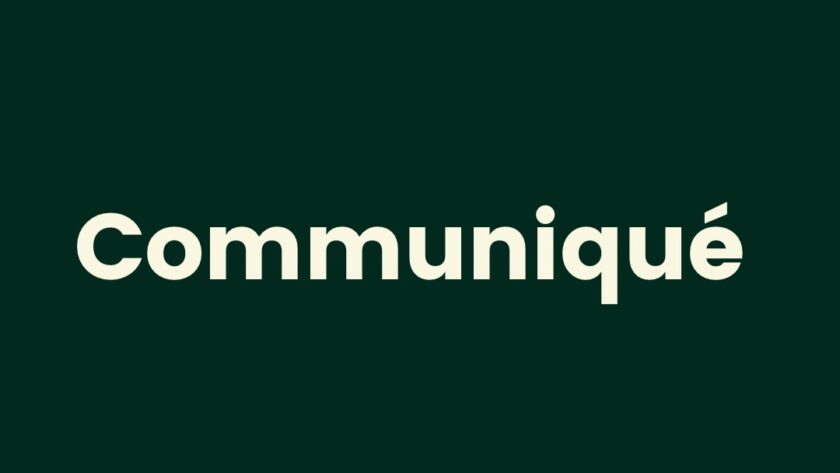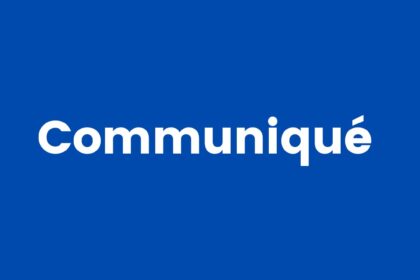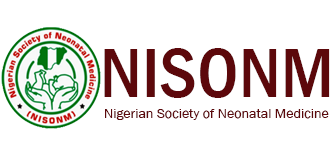INTRODUCTION:
The Nigerian Society of Neonatal Medicine (NISONM) encompasses a subspecialty group of paediatricians working in the area of newborn health in Nigeria, and have committed technical skills, facilitated national/ international collaborations, to strengthen the implementation process of reducing neonatal morbidity and mortality in Nigeria. Our strategic objectives hinge on advocacy, capacity building, social mobilization, dissemination of best practices, development and strengthening of partnerships, and neonatal operational research.
OBJECTIVES:
The 9th Annual General and Scientific Meeting of the Nigerian Society of Neonatal Medicine (NISONM) took place from 28th June to 1st July 2016 at Nondon Hotels, Enugu. The theme of the conference was ‘Newborn Health in the context of the Sustainable Development Goals’ and the sub-theme was ‘Establishing Partnerships for Maternal and Newborn Health: How Far, So Far’.
PRECONFERENCE ACTIVITIES:
- Community Mobilization/Outreach Programme at Ndeabor Community, Aninri LGA, Enugu on 28th June, 2016 where health talks were given to mothers on how to prevent newborn infections, early exclusive breast feeding, jaundice, and practical demonstrations on effective hand washing and use of 4% chlorhexidine gel for umbilical cord care.
- Training on Helping Babies Breathe and Overview of modified Essential Newborn Care Course (ENCC) was carried out for 42 community health workers representing the 18 PHCs of the LGA .Breathing bags and masks (Ambubag) devices crucial for newborn resuscitation, ENCC Action Plan Charts, and packets of chlorhexidine gel were donated by NISONM for use in all the PHCs.
- The second preconference workshop of 29th June 2016 was on Newborn Respiratory Support (bubble CPAP and mechanical ventilation) where 88 neonatal Paediatricians and nurse/midwives from secondary and tertiary facilities were trained on this life saving intervention used especially for premature babies.
PARTICIPATION:
In attendance were representatives from the FMOH, UNICEF, American Academy of Pediatrics (AAP), USAID, Maternal and Child Survival Programme (MCSP), Save the Children International, GE Healthcare, Vygon France, Paediatric Association of Nigeria (PAN), Society of Obstetrics and Gynaecology (SOGON), Neonatologists, Nurse Midwives, other health practitioners from public and private establishments, and the Media.
The opening ceremony was on 30th June 2016, and Emeritus Professor J. C. Azubuike (Immediate Past Chairman, Medical and Dental Council of Nigeria) was the Chairman of the occasion. The Minister for Health, Prof Isaac Adewole was formally represented by the Chief Medical Director of University of Nigeria Teaching Hospital, Enugu, Dr C. C. Amah and also declared the conference open. The keynote address titled ‘Partnerships to save the Nigerian newborns: It takes two or more to successfully tango’ was delivered by Dr Joseph Monehin ,Team Leader -RMNCH, USAID, Nigeria.
HIGHLIGHTS :
- At the opening ceremony, 12 NISONM Zonal Programme Coordinators (two per geopolitical zone) were inaugurated to help accelerate ENCC training scale- up plans in our bid “to reach every newborn in Nigeria“
- NISONM launched an adapted pictorial “NISONM Newborn Discharge Information Guide” to be used for giving crucial health messages to mothers after every birth in Nigeria, and help avert newborn deaths from harmful practices and undue delays.
- NISONM announced plans to embark on an intensive advocacy drive for bag and mask resuscitative devices to be made available at all public and private delivery centres nationwide .
- The conference included five plenary sessions/symposia and scientific sessions.
OBSERVATIONS AND CHALLENGES:
- The burden of neonatal deaths in Nigeria remain very high and contributes to one-third (33%)of our total under-five mortality.
- Nigeria currently has the highest number of newborn deaths in Africa and the second highest in the world, and this is unacceptable.
- Major causes of newborn deaths are prematurity, asphyxia, infections and newborn jaundice. 90% of these deaths are preventable by low cost interventions.
- Non availability of bag and mask resuscitation devices at the primary health care facilities, private and public health facilities is a major challenge in efforts to make the newborns initiate breathing after birth. The community health workers who were trained at the preconference had not seen a bag and mask device previously. Incidentally this category of health workers undertake about 90% of deliveries at the PHCs.
- There is a crucial need for pre-service and in service training of all health workers, and also post-training mentorship in achieving newborn survival in Nigeria. Guidelines for the Voluntary Paediatric Mentorship Scheme (VPSS) were presented at the conference.
- Universal Health Coverage was noted to be grossly poor with more than 60% of the population taking care of their health by out-of-pocket expenditure.
- Breast feeding is the strongest child survival strategy and early initiation is key to sustainable breast feeding.
- There are still many knowledge gaps in the management of neonatal jaundice in Nigeria. Delays in seeking care as a result of non-recognition of jaundice and unsafe practices by mothers were contributory, and thus enlightening mothers to recognize jaundice early prevents kernicterus (brain damage from severe jaundice).
- Prematurity and newborn sepsis remain major causes of mortality; and low cost, effective interventions viz kangaroo mother care (KMC), and use of 4% chlorhexidine gel for cord care respectively should be urgently scaled up.
- Challenges in the establishment of neonatal intensive care units (NICU) in the country include funding, availability of skilled manpower that incorporates neonatologists, neonatal nurses, biomedical engineers/technicians and respiratory therapists.
RECOMMENDATIONS:
- The crucial need for the implementation of the National Health Act at all levels to ensure adequate resources for maternal and newborn health interventions especially at the primary health care level.
- Scale up of the National Health Insurance Scheme and State governments to initiate and sustain community based health insurance schemes so as to reach the primary levels of care where about 70% of Nigerian newborns are delivered, and this is also where they die.
- Inequities in coverage and quality of care at birth in Nigeria are extreme. Urgent need for measures to improve antenatal care attendance, giving birth in a health facility and with a trained skilled birth attendant.
- Urgent need to develop and strengthen the capacity of all categories of health workers at the public and private facilities, across states and LGAs, to deliver quality maternal and newborn care services using the ENCC modules.
- NISONM strongly advocates for scale up of bag and mask breathing devices to be made available in all public and private levels of care delivery centers in Nigeria.
- Establishment and strengthening of professional linkages and partnerships with other relevant stakeholders viz obstetricians, nurse/midwives, public health physicians, private practitioners, community health workers as well as development partners, non-governmental and private organizations is mandatory.
- Government to establish “Neonatal Centers of Excellence NICUs “ in each of the six geopolitical zones of the country and the use of Public-Private Partnerships strategy to ensure proper funding, infrastructure, maintenance and sustainability.
- All health workers involved in the care of the newborns, including doctors and nurses should have training in lactation management in view of the documented contribution of breast feeding to the reduction of child mortality.
- NISONM should collaborate with other professionals associations and training institutions towards the establishment of clinical skills laboratories for students, residents, nurses and consultants.
- Crucial need for improvement of behavioral change communication strategies, using print and electronic media, around newborn survival and to make every newborn count in Nigeria.




